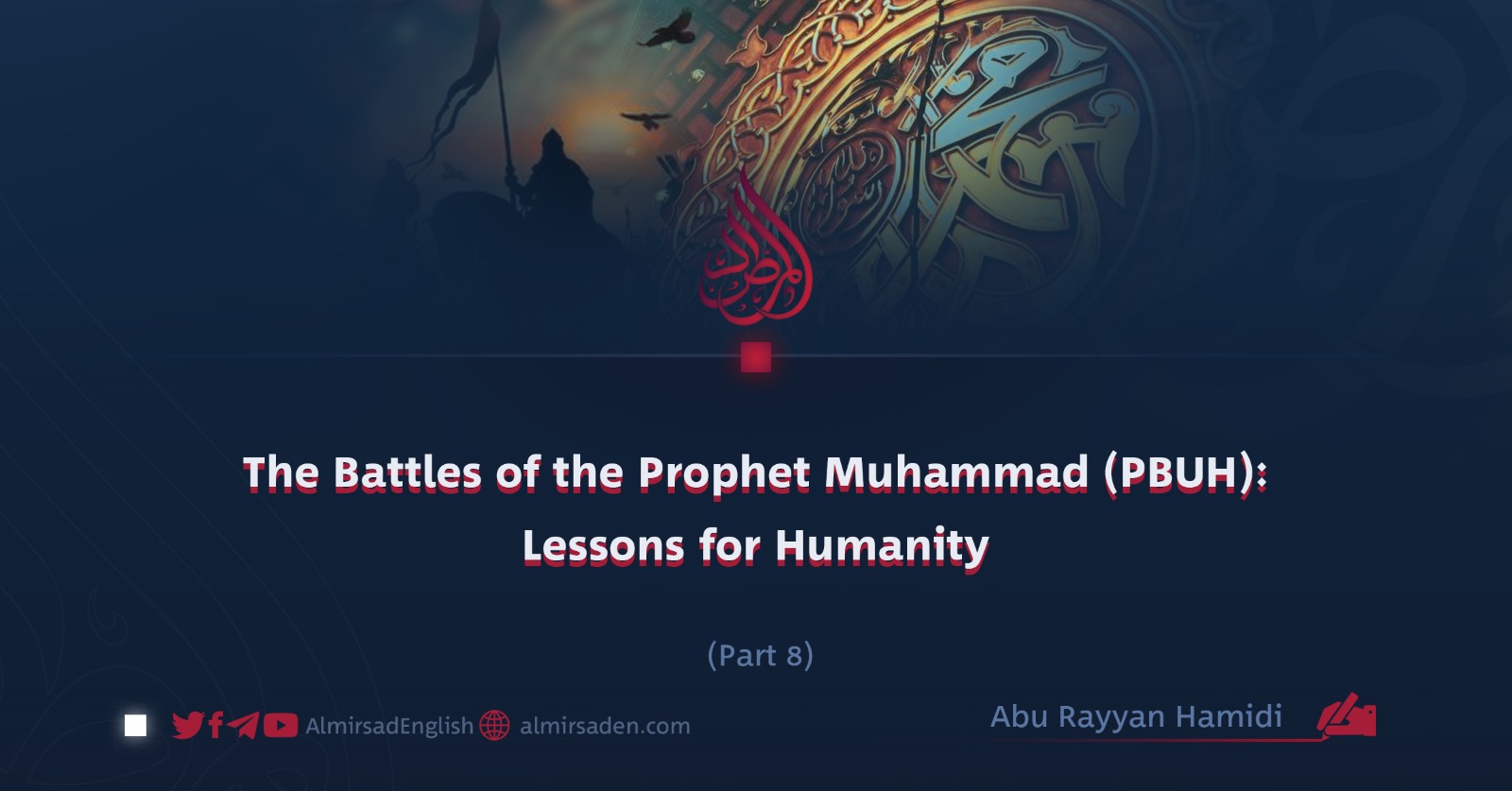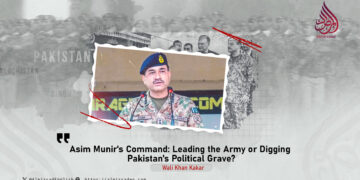Part 8
Author: Abu Rayyan Hamidi
Events of the Night Preceding the Battle of Badr: The 17th of Ramadan
The Arrival at Badr
On the night of Friday, the 17th of Ramadan, the Muslim army reached the plain of Badr and encamped near its wells. The events of that significant night are detailed below.
Initial Reconnaissance and Encounter with an Elderly Arab
That evening, the Prophet Muhammad (PBUH) set out with Abu Bakr al-Siddiq (RA) to gather intelligence about the movements of both armies. In the vicinity of the Quraysh, they came across an elderly Arab man. The Prophet (PBUH) and Abu Bakr inquired about the locations of the Muslim and Qurayshi forces. The old man replied, “First, identify yourselves.” The Prophet (PBUH) responded, “If you provide us with information, we will then introduce ourselves.”
The old man then said, “I have heard that the army from Madinah set out on such-and-such a date, so by today, they should be in such-and-such a place,” pointing precisely to the Muslim army’s position. He continued, “And the Quraysh departed on such-and-such a date and should now be located at such-and-such a place,” indicating the Qurayshi camp. When he asked where they were from, the Prophet (PBUH) simply replied, “We are from water,” and they withdrew.
Further Reconnaissance
Later that night, the Prophet (PBUH) dispatched a group of companions—Zubair ibn al-Awwam, Ali ibn Abi Talib, Sa’d ibn Abi Waqqas, and others—to conduct further reconnaissance. During their mission, they encountered two water-carriers from the Quraysh and brought them before the Prophet (PBUH), who was engaged in prayer at the time.
Still hopeful that Abu Sufyan’s caravan might be nearby, they questioned the captives about it. The captives, however, insisted they were not associated with the caravan and were merely water-carriers for the Quraysh army. Suspicious of their claims, the Companions beat them until they falsely confessed to being part of the caravan, at which point the beatings ceased.
When the Prophet (PBUH) completed his prayer, he addressed the situation with clear moral guidance: “When they spoke the truth, you beat them, and when they lied, you let them go. These men are from the Quraysh army.”
Intelligence Assessment and Tactical Insight
The Prophet (PBUH) then personally questioned the captives:
Prophet (PBUH): “Where are the Quraysh positioned?”
Captives: “Behind that hill.”
Prophet (PBUH): “How many are they?”
Captives: “Many.”
Prophet (PBUH): “Can you estimate their number?”
Captives: “We do not know the exact figure.”
Prophet (PBUH): “How many camels do they slaughter daily?”
Captives: “Nine one day, ten the next.”
Based on this information, the Prophet (PBUH) accurately estimated, “They are between nine hundred and one thousand men.” This estimate later proved accurate.
When asked which leaders were present among the Quraysh, the captives listed Utbah, Shaybah, Hakim ibn Hizam, Abu Jahl, Umayyah ibn Khalaf, Harith ibn Amir, Khuwaylid ibn Nawfal, and others. The Prophet (PBUH) then turned to his Companions and declared, “Indeed, Makkah has sent forth to you the choicest pieces of its liver,” meaning its most prominent chiefs and nobles.
The Advice of Hubab ibn al-Mundhir
Following this assessment, a significant suggestion came from Hubab ibn al-Mundhir (may Allah be pleased with him), who approached the Prophet (PBUH) and said:
“O Messenger of Allah, is this encampment based on divine revelation, such that we must neither advance nor retreat? Or is it a matter of military strategy and opinion?”
The Prophet (PBUH) replied, “It is my opinion and strategy.”
Hubab then advised, “This is not the ideal position. Let us proceed to the well closest to the enemy, block all other wells, and construct a reservoir for our own use. This way, we shall have water during the battle, while depriving the enemy of it.”
The Prophet (PBUH) commended his advice and immediately ordered the army to reposition accordingly that very night.
Divine Favor Upon the Muslim Army
Although the Quraysh reached Badr before the Muslims and claimed the most favorable ground, Allah’s help manifested that night. The Muslim army had encamped in a sandy area, which was difficult to traverse. Allah, in His wisdom, sent down rain that night. For the Muslims, the rain compacted the sand, making it firm and walkable. Conversely, the Quraysh’s position became muddy and unstable, hindering their movement.
Even more remarkably, a divine tranquility descended upon the Muslim camp. The entire army experienced a peaceful drowsiness—a sign of inner calm and divine reassurance. Allah SWT mentions this event in the Qur’an:
إِذْ يُغَشِّيكُمُ النُّعَاسَ أَمَنَةً مِنْهُ وَيُنَزِّلُ عَلَيْكُمْ مِنَ السَّمَاءِ مَاءً لِيُطَهِّرَكُمْ بِهِ وَيُذْهِبَ عَنْكُمْ رِجْزَ الشَّيْطَانِ وَلِيَرْبِطَ عَلَى قُلُوبِكُمْ وَيُثَبِّتَ بِهِ الْأَقْدَامَ.
Translation: “[Remember] when He caused drowsiness to overcome you, giving you serenity. And He sent down rain from the sky to purify you, free you from Satan’s whispers, strengthen your hearts, and make ˹your˺ steps firm.” (Surah Al-Anfal: 11)



















































